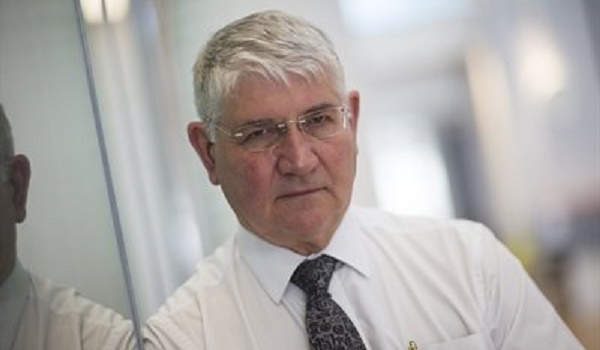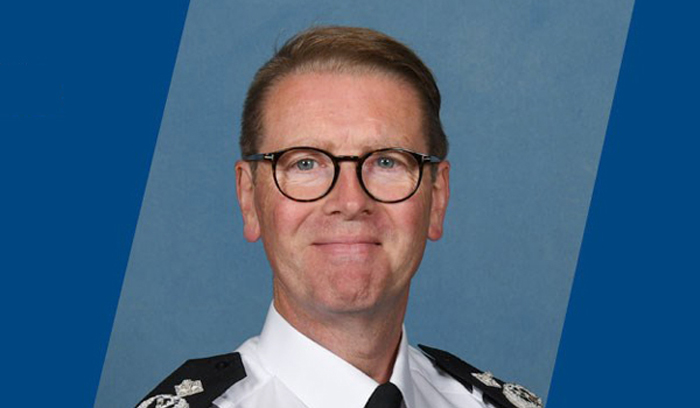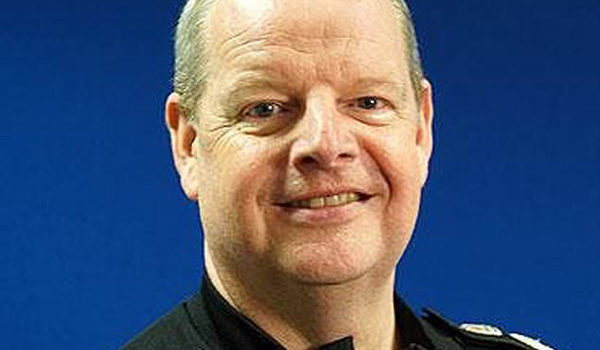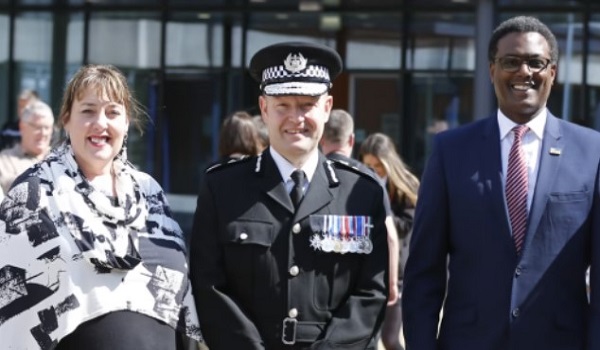PCCs call for a review of the law on assisted dying
Eighteen current and former police and crime commissioners (PCCs) have written to the Secretary of State for Justice calling for an inquiry into the impact of the current law on assisted dying.
In a joint open let ter sent yesterday (October 27) to Robert Buckland MP, they expressed concern at the blanket ban on assisted dying and its impact on the terminally ill, their families and the police officers tasked with investigating potential breaches of the law.
The signatories include Ron Hogg, who stepped down as police, crime and victims commissioner for Durham in August after being diagnosed with motor neurone disease.
Shortly after announcing he had the incurable, muscle-wasting condition, Mr Hogg began calling for the law to be changed to allow him to end his suffering at a time chosen by himself and his family.
Dorset PCC Martyn Underhill – who leads on the issue of suicide nationally for the Association of Police and Crime Commissioners – has coordinated the letter, which says: “We believe it is time for a renewed look at the functioning of the existing law on assisted dying. While there are clearly differences of opinion as to whether or how the law should change, we contend that the law is not working as well as it could and seek an inquiry to confirm that.”
The letter highlights recent high-profile cases, such as that of Mavis Eccleston. The great grandmother was acquitted by a jury in September after being charged with murder for helping her husband of 60 years end his own life rather than suffer further agony caused by advanced bowel cancer.
It also references the case of 76-year-old Ann Whaley, who was investigated by police for booking travel to, and accommodation in, Switzerland for her husband, Geoff, who had arranged an assisted death at the Dignitas clinic to avoid a prolonged death through motor neurone disease.
The letter adds that the existing blanket ban on assisted dying “has caused distress, confusion and pain for dying people, their loved ones, and even the investigating police officers themselves” and that “the cost of these investigations – financial, emotional and societal – cannot be easily dismissed”.
Sarah Wootton, chief executive of the campaigning organisation Dignity in Dying, said they welcomed the letter and were pleased to have PCCs support for a new investigation into the functioning of the current law.
“It is clear that the blanket ban on assisted dying is not working for dying people, for their families, or for the dedicated public servants who must enforce it,” she said.
“We all agree that vulnerable people must be protected, but that is not happening under the status quo. The ban on assisted dying merely drives the practice behind closed doors and abroad, with seriously ill people often ending their lives prematurely for fear of becoming too ill to act. There is also a scattergun approach to enforcing the law.
“Either there is either no scrutiny at all, meaning potential safeguarding opportunities are being missed, or loving family members are criminalised for acts of compassion and are forced to endure distressing and intrusive investigations at great cost to the public purse.
“When half of PCCs across the country recognise that a law is not working, law-makers have a duty to listen. It is time for a Ministry of Justice-led inquiry into the blanket ban on assisted dying.”







